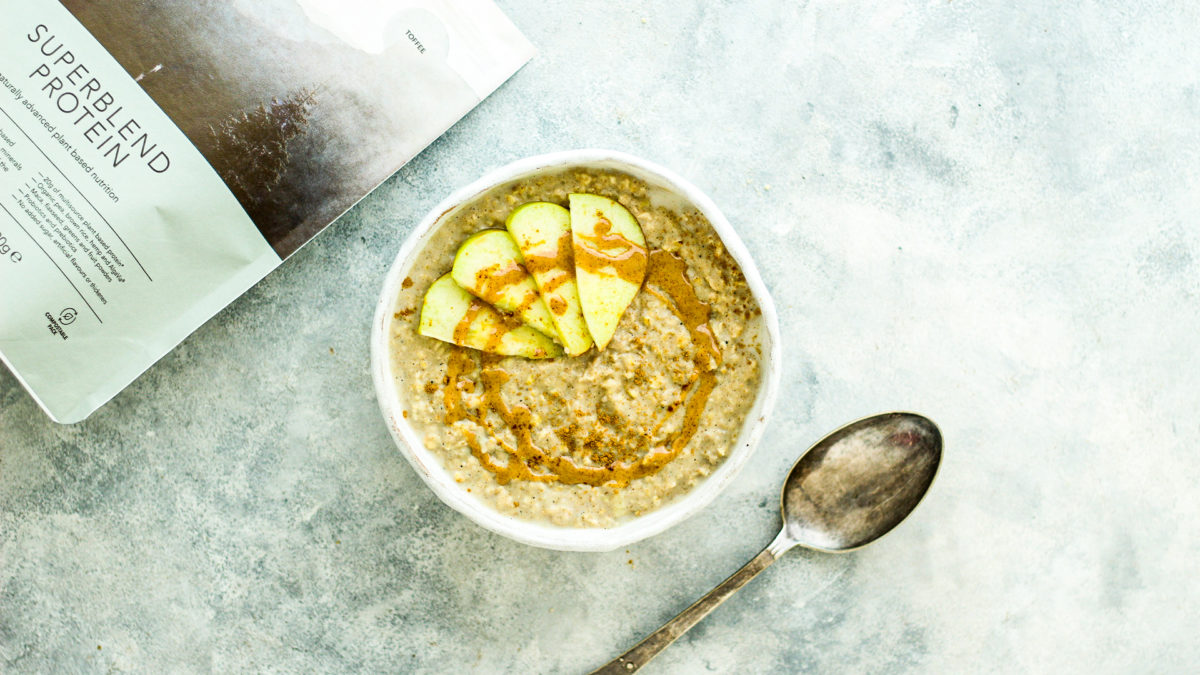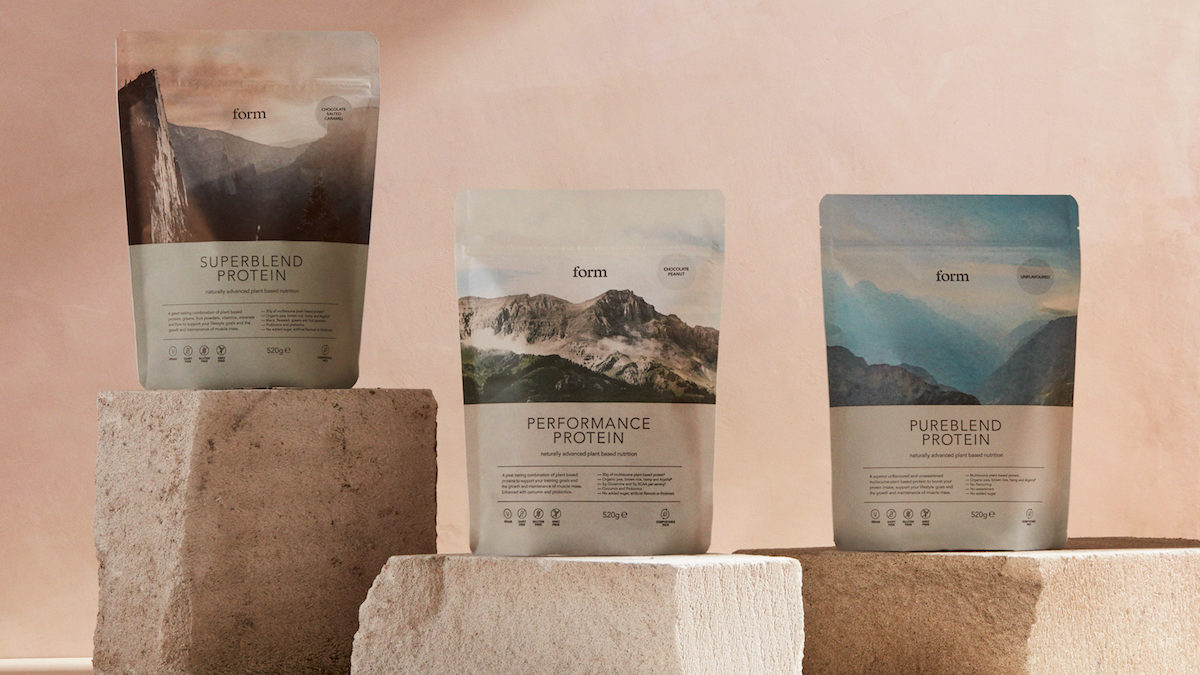Nutrition for Runners: How to Fuel Yourself Before, During and After a Run

Running can seem like the easiest sport in the world until you actually get up off the couch and into that 5k. Any regular runner will tell you how difficult those early runs are (heavy legs and achy knees are par for the course). But the beauty of running is the consistent improvements you should see in your performance. That’s until you hit a second wall, and this is where properly fuelling yourself before, during, and after your runs is vital.
“A runner’s nutritional needs will fluctuate with how many miles they do and what their goals are in terms of their performance and body composition,” says dietician Sophie Medlin. “There isn’t a particular diet that runners need to follow or any special foods we need to eat. In the same way as everyone else, runners need a good balance of protein, healthy fats, and wholegrain carbohydrates.”
There are still some useful things to keep in mind that apply specifically to runners though, which we will all explore in the following article.
How To Fuel Yourself Before A Run
So you’re at your front door, stretching those limbs, putting on your pumping Spotify playlist. This is the start, right? Well, in nutrition terms, no. You need to fuel up and you need to be tactical about when you do so.
The body’s preferred energy source for running is glycogen, which is the body’s way of storing carbs. It is recommended that during training, runners add 100 calories to their regular daily caloric intake for every mile run. In total, 65 percent of your daily calories should come from carbohydrates.
Your body’s storage of this glycogen gets used up and begins to decrease as you continue running and will eventually run out if not restored. So you need to make sure the shop is well stocked so to speak.
Most runners find it preferable to fuel up with carbs the night before rather than having a big breakfast, which could cause digestion issues.

“Fibre can be problematic for some runners so try to get to know your digestion,” advises Medlin, “and if this is a problem for you, consider reducing the amount of fibre in your diet for 24 hours before a race. Most people will benefit from some carbohydrate before a long run and a banana or a porridge works well. Some people may find this gives them a stitch or compromises their performance, in which case, liquid energy may be better in the form of diluted fruit juice, for example.
When it comes to working out your nutritional needs, practice is perfect stresses Medlin.
“Monitor your performance and how enjoyable your runs are and reflect on what you’ve eaten and had to drink in the 12 hours leading up to that run. The energy stored in your muscles plays a big role in how you feel and perform during a run and this is impacted by diet and rest days.”
And What About During A Run?
When you’re running especially long distances (a marathon takes around 4 to 5 hours to complete) you may also need to think about fuelling during the run to keep yourself going.
From isotonic gels to trail mix, there’s a lot of different recommendations out there on what snacks to take. For Medlin though it’s all up to personal preference.
“Everyone is different and it’s important to try out a few snacks on training runs before you race so that you know what suits you best. It depends when and if you ate before the race and what distance you’re running. Most people won’t need to refuel for 5-10km distances if you’ve done some training unless it’s particularly hot, you’re pushing for a particular time or you’re racing fasted. Distances longer than 10km usually require some liquid or glucose refuelling after 5-10km.
“For long-distance and high intensity, I carry Jelly Tots to stick in the side of my mouth for a small supply of glucose. Other runners use Jelly Babies but I find them too big and too sticky. I once saw someone eating a pasty at the 5mile point of a marathon. Don’t do that.”

Will A Protein Shake After A Run Help Ease The Aches And Kickstart My Recovery?
After your run, you’ll likely be experiencing the aches and pains that come with putting your body through the wringer for an extended period of time. Allowing your body to recover is important here, firstly in the form of rest (sleep and targeted rest days), and secondly in your protein intake.
The macronutrient is essential for muscle growth, strength, and repair, while not getting enough of it reduces lean body mass, muscle strength, and function. Based on systemic reviews of the research out there, 1.2 to 2.0g of protein, per kg of body weight, per day is our recommendation. This range depends on how active you are, and a protein shake in this case can be a useful (and portable) way of making sure you’re getting enough.
“It again depends on your goals in terms of body composition,” says Medlin. “But, everyone’s muscles are working hard during a run and it will be beneficial to make sure there is enough protein available to repair and grow your muscles. If you’re having a balanced meal, including protein, within an hour or so of your workout, you don’t need to worry. If it’s likely to be a bit longer, a protein shake and some electrolytes will be beneficial.”



















